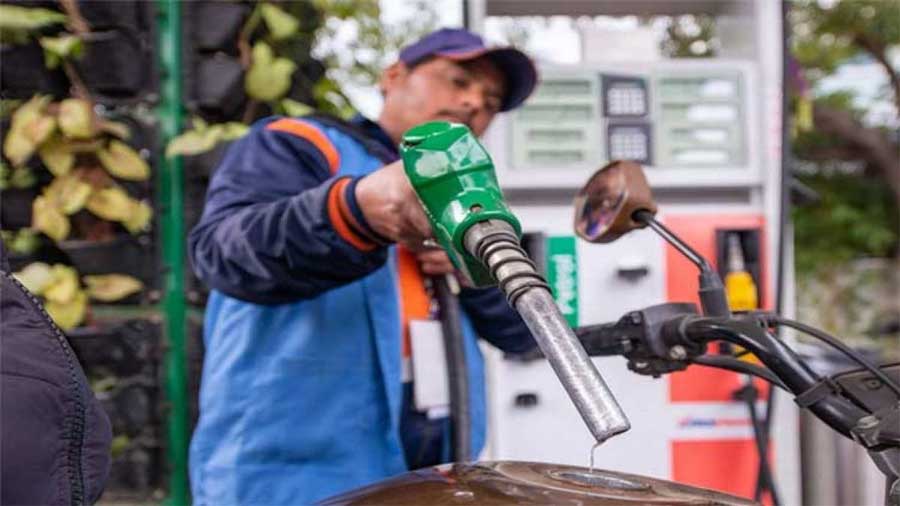Raza Kazmi
ISLAMABAD: In a major achievement towards ensuring ease of doing business, Pakistan has improved 31 positions (from 142nd to 111th) on the rank of Trading Across Border Index. Federal Board of Revenue made trading across borders easier by focusing three crucial areas: enhancing the integration of various agencies in the Web-Based One Customs (WEBOC) electronic system; reducing the number of documents required for import / export clearances; enhancing capacities of Pakistan Customs officials for playing pro-active role in smoothly regulating border trade.
Climbing up the ladder in Trading Across Border Index has enabled Pakistan in jumping up 28 places – from 136th to 108th – in World Bank’s (WB)’s ‘Ease of Doing Business 2020′ and securing a place among the top 10 countries have done the most in the corresponding / past year to improve the ease of doing business in their countries. This milestone has led Pakistan to be the sixth global reformer and first in South Asia that has brought ease in doing business for the national / international trade.
It is important to note that border facilitation is amongst the top priority areas as per the comprehensive policy laid down by the Government. Concerted efforts by Pakistan Customs, under FBR, led to impressive performance in terms of compliance to the provisions of World Trade Organization (WTO)’s Trade Facilitation Agreement; hence, complementing Pakistan’s rise in Trading Across Border Index.
Pakistan Customs has pursued implementation of effective customs controls so that compliant trade is thoroughly facilitated, while lesser / non-compliant trade is diverted to detailed scrutiny. This strategy worked well, as conceived by Pakistan Customs, and has gone a long way in reducing the dwell time (at the borders / ports) for imports / exports in Pakistan by increasing the percentage of clearances through Green Channel. For instance, the time required for documentary compliance to effect exports has been reduced from 55 hours to 24 hours, and the time required for overall border compliance to effect exports has also been reduced from 75 hours to 24 hours. Similarly, the time required for documentary compliance to effect imports has been reduced from 143 hours to 24 hours, and the time required for overall border compliance to effect imports has also been reduced from 120 hours to 24 hours.
In order to further improve Pakistan’s position in Trading Across Border criterion, Federal Board of Revenue is pursuing simultaneous completion of Regional Improvement of Border Services (RIBS) and Pakistan Single Window. Regional Improvement of Border Services (RIBS) is being implemented at Torkham, Chaman, and Wahga and is the Flagship program that aims at improving border-crossing facilities which are key transit points to Afghanistan and India. Pakistan Single Window, on the other hand, would integrate online at least 46 departments / agencies in Pakistan and would make trading across border a hassle free and seamless operation.
TLTP adds: Meanwhile, Collector of Customs Appraisement, Lahore, Mohsin Rafique has said that all duties and taxes exceeding Rs 1 million will be paid only through the system of e-payment from Wednesday (January 20).
He announced this at a seminar at APTMA Punjab, Lahore. Chairman APTMA Abdul Rahim Nasir, secretary general APTMA and a large number of APTMA members attended the seminar
Mohsin Rafique informed the participants that in compliance with FATF requirements and as a measure towards digitization and automation of the economy, Federal Government has now made it mandatory for all importers to make payment of duties and taxes over Rs1 million through internet banking, mobile banking, ATMs, over the counter (OTC) or any other electronic method approved by the State Bank of Pakistan.
He said in continuation of FBR reforms and modernization drive, an E-Payment facility for payment of all FBR taxes as well as some provincial taxes have been introduced for convenient and hassle-free payment.
On one hand, traders can electronically pay all import duties and taxes through Customs computerized system WeBOC at ports and border stations across Pakistan, while on the other, taxpayers can also electronically pay income tax, sales tax and Federal Excise duty sitting in their homes.
E-payment system provides a round clock facility to taxpayers and traders to make online payment of customs duties and other FBR taxes as well as provincial cess and stamp duty. The facility is available through the internet and mobile banking by using more than 15000 ATMs of 16000 Over the Counters (OTC) bank branches of commercial banks spreading across the country.
The taxpayers’ confidence and interest in E-payment are growing fast and it can be gauged from the fact that the proportion of E-payments of Income Tax, Sales Tax, and Federal Excise Duty has increased from 6.26% of total payments during July to December 2019 to more than 40% during the same period of the year 2020. Similarly, the proportion of amount deposited in these E-payments has jumped from 13.55% of total payments to 76.5% during the comparative period of the current year, he added.
Addressing the seminar, Rahim Nasir appreciated the role of the Customs Department in fully automating the processes and facilitating the trade through out-of-box solutions.
He expressed the hope that FBR will continue its drive to bring more transparency in the clearance of import and export consignments. He thanked the Collector of Customs for sparing the time to educate APTMA members on the proposed e-payment system.






